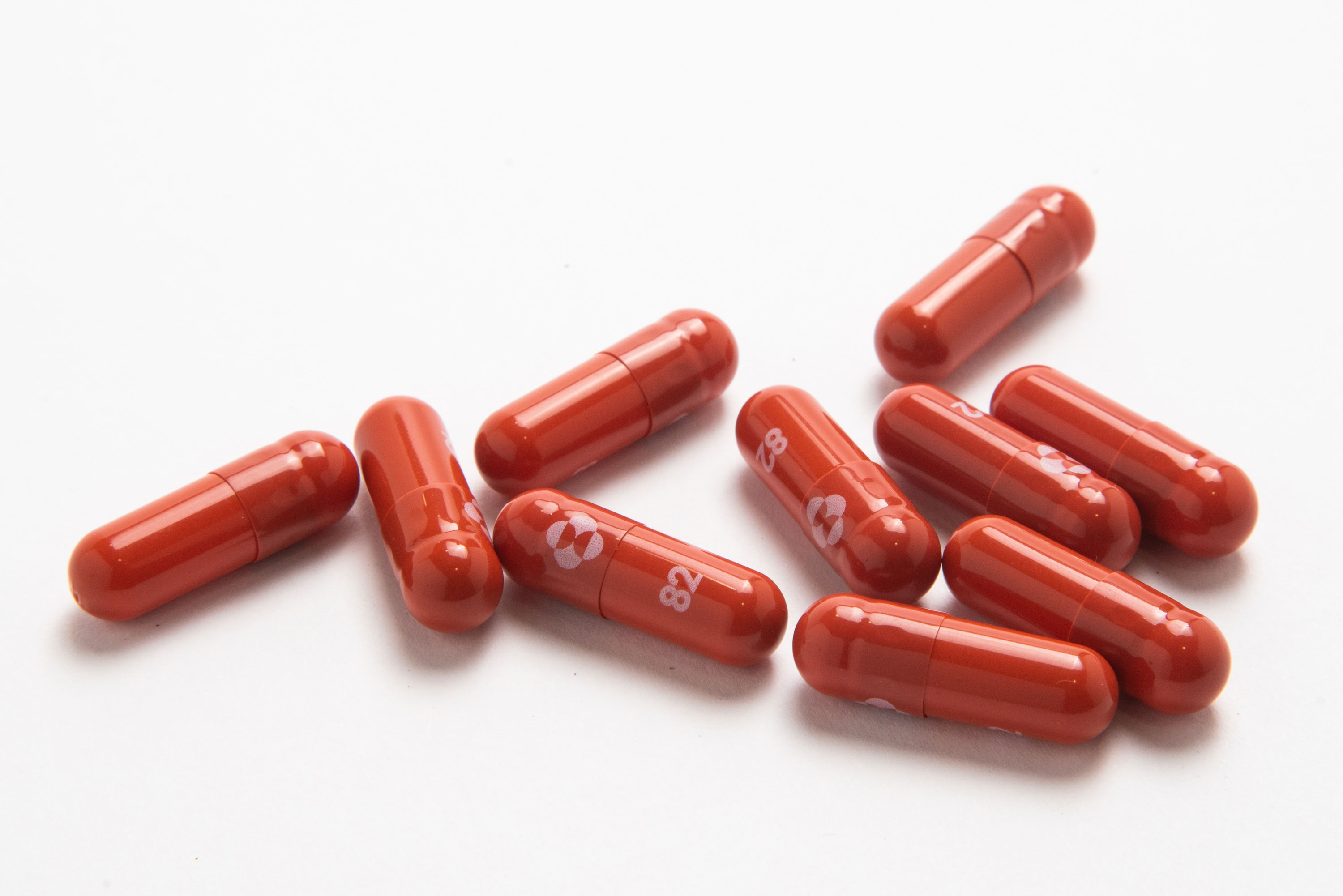Merck's oral COVID drug squeaks past FDA advisory committee

An FDA advisory committee voted by 13 to 10 to recommend emergency-use authorisation for Merck & Co and Ridgeback's oral antiviral molnupiravir for mild-to-moderate COVID-19, saying it would be useful for some high-risk patients.
The panel met shortly after updated results from the phase 3 MOVE-OUT trial of the drug showed it was less effective than previously thought, reducing the risk of hospitalisation or death in high-risk patients by around 30%. An earlier readout found a 48% reduction.
Oral antivirals are highly anticipated because they could be given to patients at home and prevent them developing more severe symptoms, reducing the burden on hospitals during the pandemic.
Molnupiravir is the first drug of this type to be reviewed by FDA advisors, although it has already been approved by the UK regulatory authority as Lagevrio.
It was hailed as a potential game changer when the interim MOVE-OUT data emerged, but has since been eclipsed by a rival oral antiviral from Pfizer – Paxlovid – which achieved a much higher 89% reduction in hospitalisations or death in the phase 3 EPIC-HR trial.
The positive vote for molnupiravir came against a backdrop of considerable discussion about the safety of the drug, which animal studies have suggested could pose a risk of birth defects if taken by pregnant women, and skeletal effects in children.
There was also a lot of back and forth on the fall-off in efficacy, and the risk of resistance to the drug developing if patients don't complete the five-day course.
Some of the mutations seen with molnupiravir seem to affect the spike protein, raising the risk of encouraging new variants that may evade vaccine protections.
On the efficacy issue, Merck told the meeting that the reduction was seen because of a lower than expected rate of hospitalisations and deaths in the placebo group, which made its drug look less effective.
It's unclear why that may have occurred but there were more women enrolled in the latter stages of the study, who are somewhat less likely to develop severe COVID-19 than men. On the other hand, there were also more older people later on, which should have benefited the active drug.
The rise of the Delta variant could also be a factor, as could more patients enrolled from Europe, but overall the company said the data "doesn't really add up".
Several panellists suggested use of the drug should be restricted – for example to unvaccinated people at high risk – and there was discussion about a temporary EUA until another oral antiviral candidate becomes available.
The lack of data for the drug against the emerging Omicron variant of SARS-CoV-2 also raised concerns among some advisors, although Merck said testing against other strains suggests it should retain some efficacy.
The decision now lies with the FDA, and it doesn't have to follow the advisory committee's recommendations although with no other drug available – at least for now – it looks likely to give the go-ahead.
Pfizer has already pulled ahead commercially with its antiviral, having secured a $5.3 billion order from the US government for 10 million courses of the drug due to be delivered this year and in 2022. The US has also ordered 3.1 million doses of molnupiravir for around $2.2 billion.












